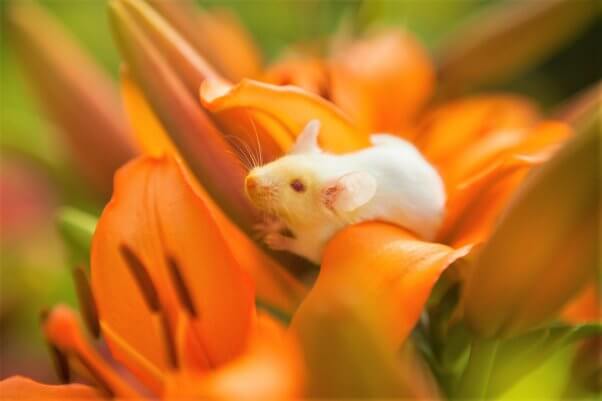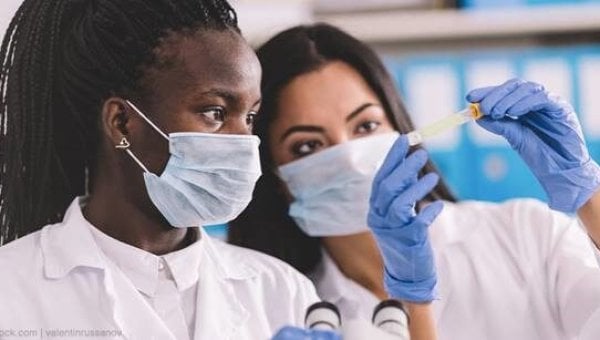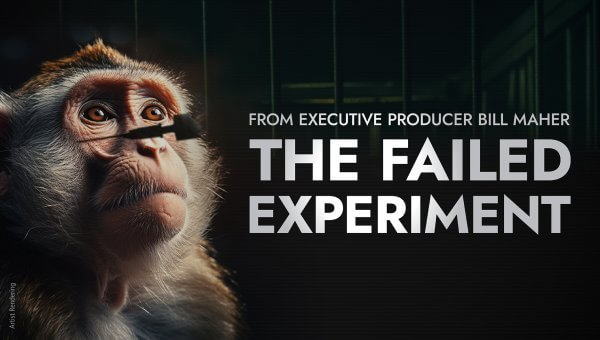PETA Scientist’s Group Wins Major Prize for Work Against Animal Experimentation Bias
PETA is pleased to announce that our Science Advancement & Outreach division, in collaboration with a multi-organizational group of researchers and advocates, has won the Lush Prize, the largest award offered within the animal free–research community, in Major Science Collaboration.

The coveted biannual prize is internationally competitive and recognizes the most promising collaborations that are working to develop and promote alternatives to animal testing. PETA’s group triumphed over two fierce competitors, securing a prestigious center-stage spotlight on our work to advance non-animal research methods.
Prize-Winning Work
PETA’s Science Advancement & Outreach division director, Dr. Emily Trunnell, partnered with the multinational Coalition to Illuminate and Address Animal Methods Bias on a unique investigation into the scientific community’s inherent favoritism toward animal experimentation in both publishing and funding.
That favoritism is called “animal methods bias,” and it’s a major problem with cascading effects that potentially prevent significant non-animal research from ever getting off the ground. It blocks funding for grant applications and results in skewed peer review of papers submitted for publication. This pervasive bias effectively quashes new, non-animal scientific exploration before it even begins, binding science to age-old—and ineffective—practices that continue to fail human patients while killing sensitive animals.

Animal methods bias poses a particular problem for early-career researchers, who may abandon any thought of non-animal methods early on because they see experimenting on animals as the only way to get ahead in their careers and advance science.
With the goal of mitigating animal methods bias’s harmful effects, the coalition has hosted two multistakeholder workshops, conducted survey studies, developed the first of several mitigation tools, and more. The group’s Author Guide for Addressing Animal Methods Bias in Publishing also provides those conducting animal-free research with a toolkit to combat animal methods bias when trying to publish their work.
Support PETA Scientists’ Work
PETA scientists work around the clock to promote the development and implementation of animal-free research methods, steadily tipping the scales against animal experimentation.
If you live in the U.S., you can help further this work by supporting PETA’s Research Modernization Deal, which outlines a comprehensive strategy for replacing all experiments on animals with more effective, human-relevant, non-animal methods:
And everyone can watch The Failed Experiment, the new docuseries from PETA and executive producer Bill Maher that exposes what most people don’t know about experiments on animals:



